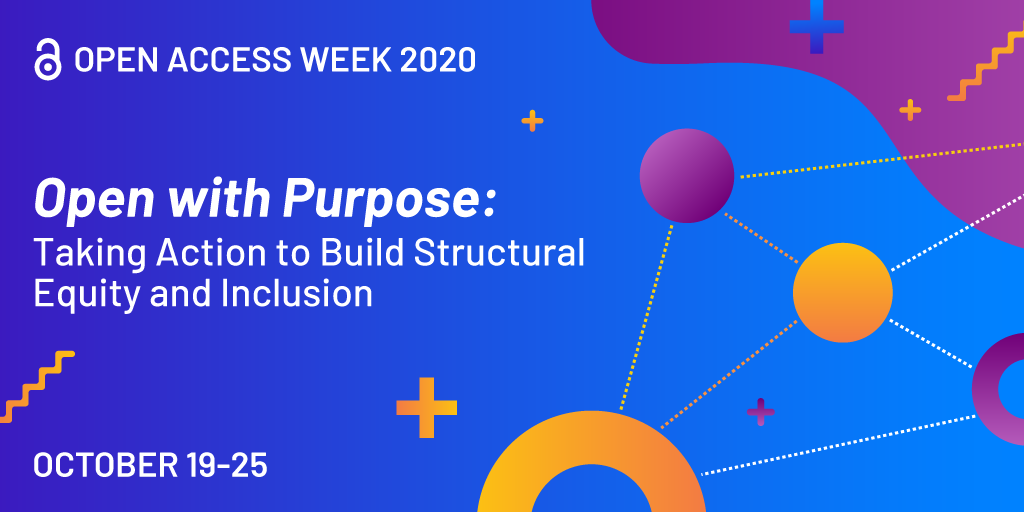
October 20, 2020, by Emma
Open Access Week: Retain copyright, free ideas!
In the second of our daily blogs for Open Access Week, Senior Research Librarian Tony Simmonds describes how copyright is moving centre stage for researchers.
Do your eyes glaze over when confronted with the small print of another publishing contract? You’re not alone. Terms governing copyright especially are not for dwelling on … never mind the legalese, where do I sign?!
Wellcome’s new approach
Courtesy of funder mandates, copyright is going to become harder to sidestep.
An eye-catching facet of the Wellcome Trust’s new open access policy is that grantholders must retain and deploy copyright in funded articles. Specifically, prior to discussion of contracts with a publisher, applying a Creative Commons CC BY licence to accepted manuscript versions will become a grant condition. This enables sharing via open access venues such as PubMed Central, which Wellcome will require, and our own Repository@Nottingham. Thus findings become available straightaway to read and re-use.
Wellcome has taken steps to put leading publishers on notice of this new arrangement. To make doubly sure that contracts avoid conflicting terms, Wellcome will require journal submissions to include a statement confirming the prior grant of CC BY licence.
Principle No. 1 of Plan S, the manifesto for accelerating the shift to open access of which Wellcome is a signatory, prompted this change of approach:
Authors or their institutions retain copyright to their publications.
The context in law
UK copyright law provides that the employer is the first owner of copyright in work produced by its employees. Most universities, including UoN, waive their right to assert such ownership in relation to research publications. This is the mechanism that frees authors to enter into contracts that may transfer copyright wholesale to a publisher, or grant some form of licence to publish.
What the publisher proposes, no matter how exclusive, the publisher almost always gets. The result may prevent the author from making copies of their work for use by their own students, for example, or by participants in a conference, or delay for years the release of an open access version via RIS.
Institutions push back
Maximum sharing of findings with a minimum of delay is a high priority for institutions as well as funders. The same goal has induced many US universities to make policy that grants sufficient non-exclusive rights to the institution to guarantee rapid sharing of discoveries, via their own repositories. Harvard led the way more than a decade ago.
Spurred by the example of Harvard’s success, a group of university libraries has framed an equivalent model licence called the UK-SCL (UK Scholarly Communications Licence).
All eyes on UKRI
Wellcome is a significant funder, but it is UKRI (another Plan S signatory) that has the potential to recast our research landscape. A consultation on the future direction of UKRI open access policy closed in May 2020. Feedback was sought around various proposals for rights retention, either by authors or by their institutions. The outcome is expected to be announced in 2021.
We’ll be back tomorrow with another blog post for Open Access Week 2020. In the meantime, visit the Research Support Team webpages to find out how we can support you with all aspects of the research lifecycle.

No comments yet, fill out a comment to be the first

Leave a Reply